1852 in Thoreau’s Journal:
One moment of life costs many hours.–– hours not of business but of preparation & invitation. Yet the man who does not betake himself at once & desperately to sawing–is called a loafer– though he may be knocking at the doors of heaven–all the while which shall surely be opened to him–– That aim in life is highest which requires the highest & finest discipline.

How much––What infinite leisure it requires–as of a lifetime, to appreciate a single phenomenon! You must camp down beside it as if for life–having reached your land of promise & give yourself wholly to it. It must stand for the whole world for you––symbolical of all things.
1840 in Thoreau’s Journal:
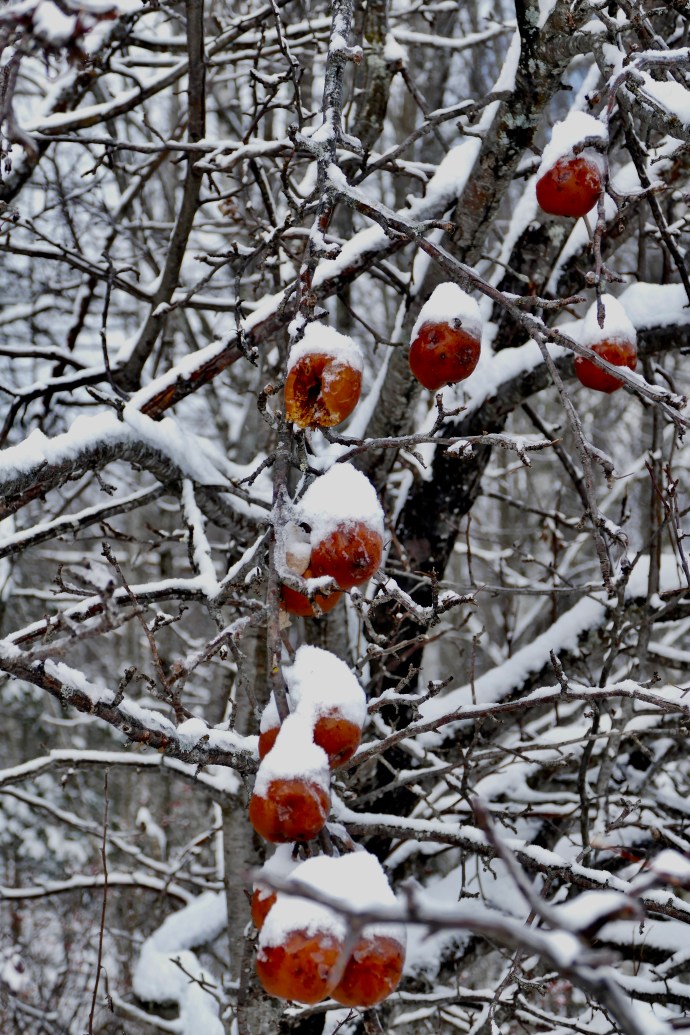
The snow hangs on the trees as the fruit of the season.






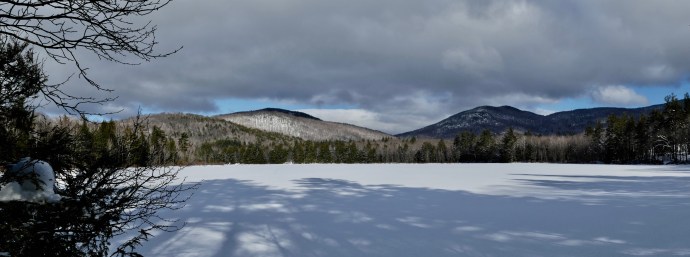
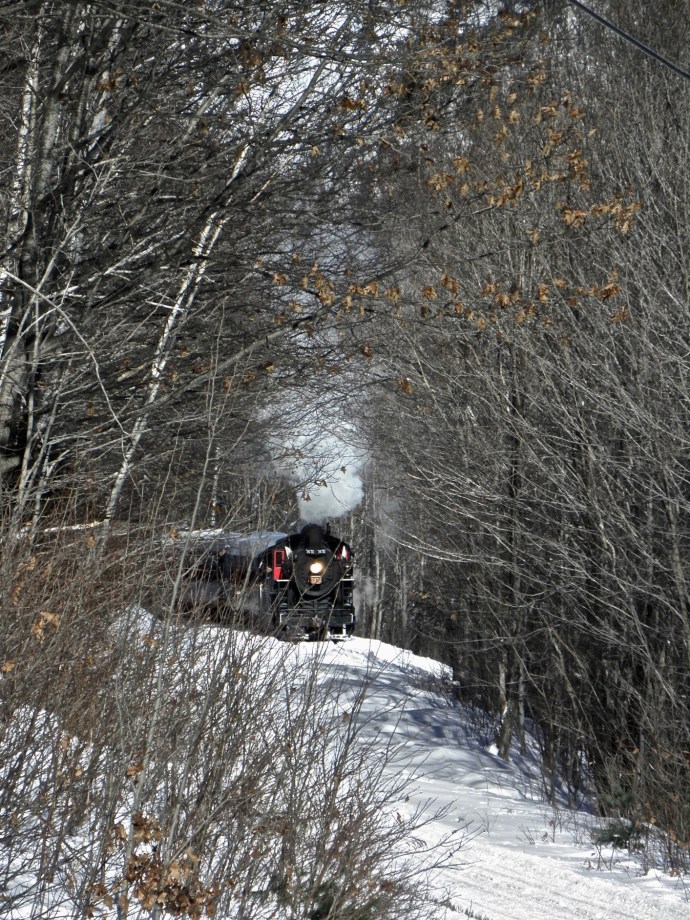


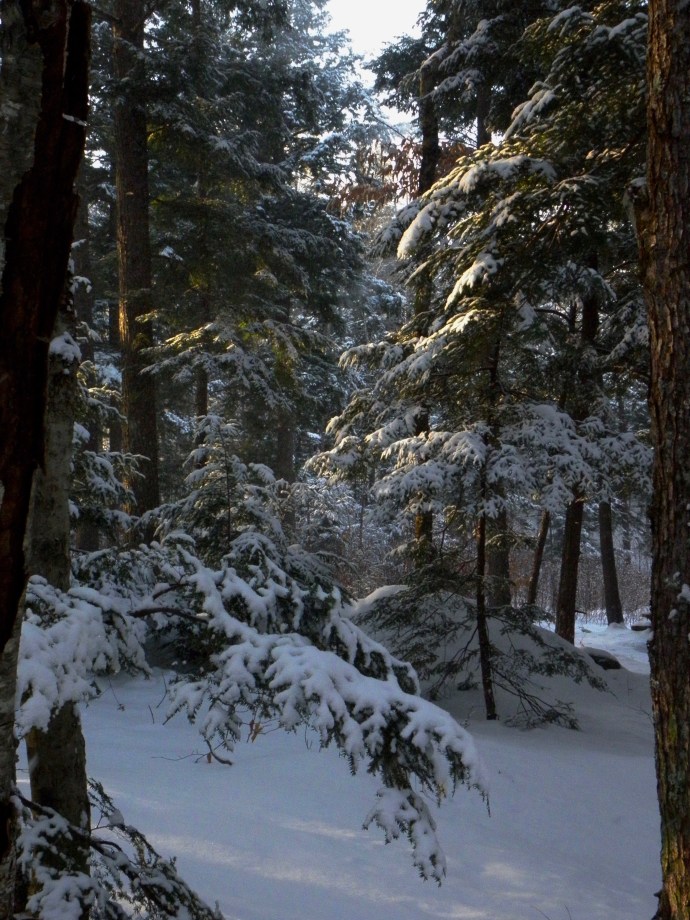

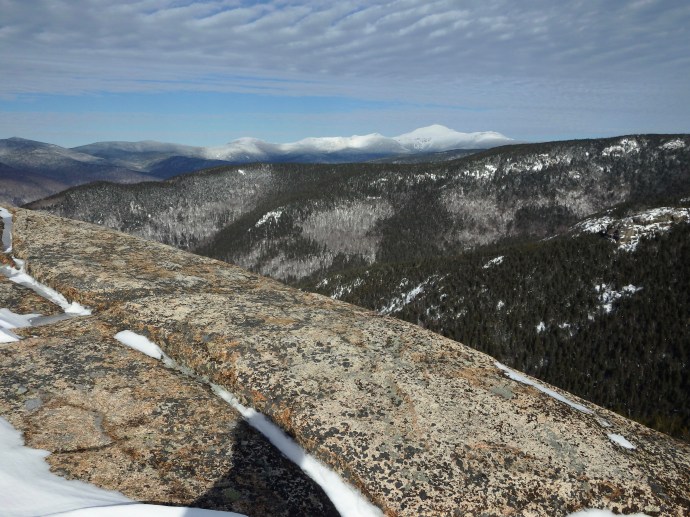





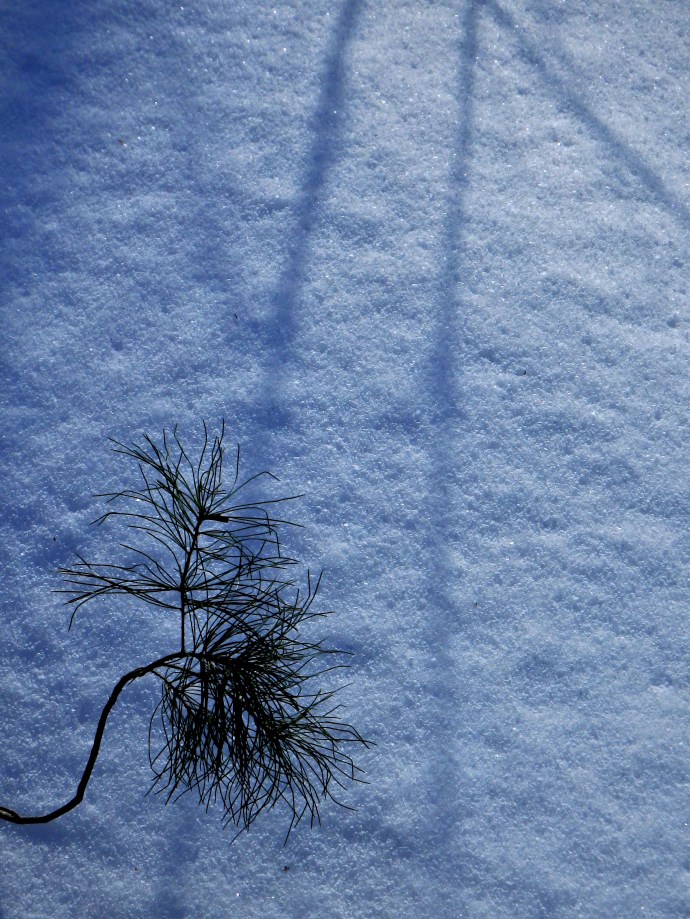

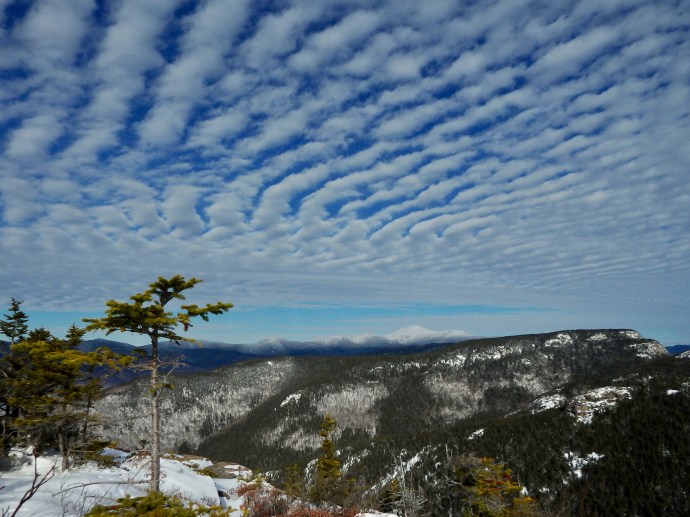

You must be logged in to post a comment.